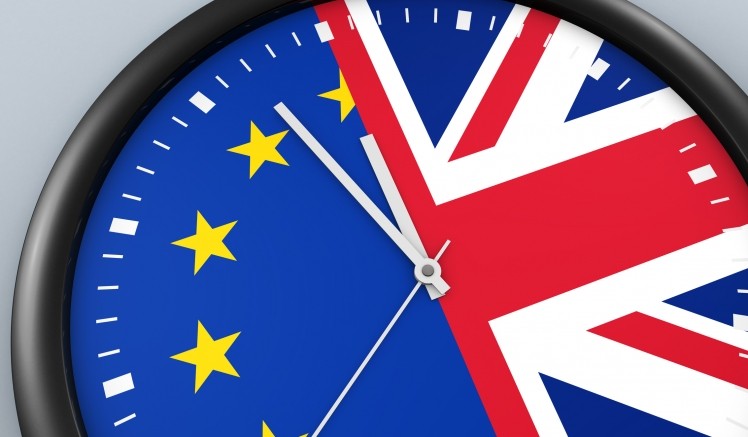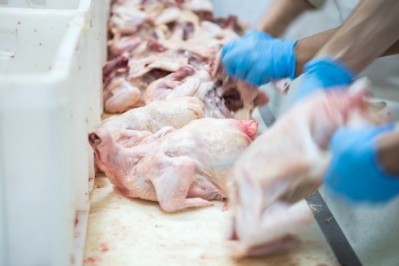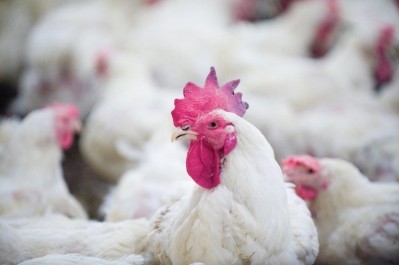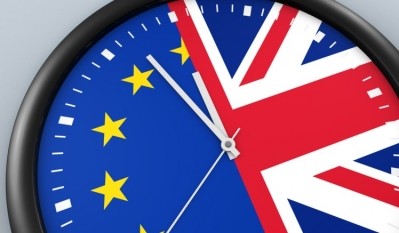No-deal food hierarchy warning issued to Government

A no-deal Brexit between the UK and the EU could result in a two-tier food system, a think tank was warned.
In its report, Coming Home to Roost: The British Poultry Industry after Brexit, ResPublica said the UK food system could be split into those who could afford home-grown produce and those who could not.
The report, sponsored by the British Poultry Council (BPC), highlighted that some consumers might have no choice but to buy imported food that could have lower standards than those in the UK.
It detailed that, with the UK being 60% self-sufficient and the domestic population preferring to eat breast meat over the darker cuts, having export partners willing to buy these cuts was essential. Currently, 70% of the UK’s dark meat exports are to the EU.
Phillip Blond, director of ResPublica, said: “Regardless of the merits, or otherwise of leaving the EU, this report exposes the risks should the Government fail to secure a good deal.
“As part of this process they must work closely with an industry that employs nearly 87,700 people and whose products can be found in the majority of our homes and restaurants.
‘A country divided by its consumption of food’
“The UK could increasingly become a country divided by its consumption of food. When the increased costs of production are passed on to consumers through higher prices, lower-income consumers may be left unable to afford fresh British chicken, instead having to rely on cheaper, lower-standard meat imports from countries like Brazil and Thailand.
“This could create a two-tier food system, where only the wealthy can afford to eat fresh home-reared high standard chicken….”
The report also highlighted concerns about chlorinated chicken from the US and standards of production from other countries.
Joe Cowen, author of the report said: “Antibiotic use is endemic in Thailand, while Brazil, another major exporter of chicken has significantly lower standards than the UK. Recently, we saw 20 factories shut down overnight, due to poor practices.
“Crashing out of the EU without a deal, means we would lose much of the EU external infrastructure that allows us to monitor and inspect the food we eat and how it is prepared.
‘The glacial pace of the Government’
“While it’s possible to construct our own regulatory system, given the glacial pace of the Government around all elements of Brexit, it seems unlikely that this would happen before we are due to leave next March, exposing consumers to food produced to lower standards.”
BPC chief executive Richard Griffiths warned that Brexit posed unprecedented economic, social and environmental challenges to British food production and supply.
“Food is a special case, it should be treated as a national security issue, and be protected as such. Government must ensure that British food, and the quality it represents, stays affordable and available for all. If we cannot support our own production, then there will emerge a two-tier food system with the average citizen forced to rely on lower standard imports.
“We are calling on the Government to develop a robust transition plan to ensure we have access to the workers we need and to avoid any disruption in the smooth movement of perishable products across the EU.”















